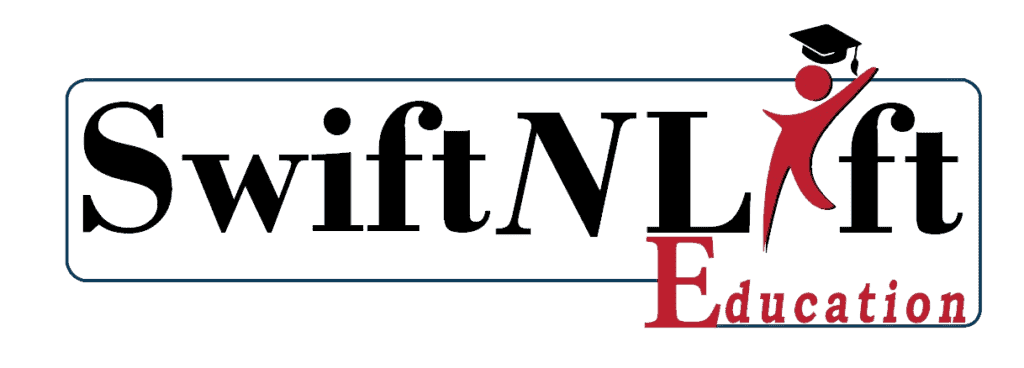


Introduction
Project-Based Learning (PBL) is an innovative educational approach that shifts the focus from traditional classroom instruction to student-driven, hands-on projects. This methodology encourages active learning, critical thinking, collaboration, and problem-solving skills, making it a valuable pedagogical strategy for the 21st century. In this article, we will explore the key concepts, benefits, and best practices associated with PBL.
Key Concepts of PBL
Benefits of PBL
Best Practices for Implementing PBL
Conclusion
Project-Based Learning is a powerful educational approach that cultivates essential skills for the 21st century, including critical thinking, collaboration, problem-solving, and creativity. By fostering a student-centered, inquiry-based, and interdisciplinary environment, PBL not only enhances academic achievement but also prepares students to thrive in an ever-changing world. As educators continue to explore innovative teaching methods, PBL stands as a transformative approach to education that can empower students to become lifelong learners and problem solvers.

Entrepreneurship is all about telling your story. In SwiftNlift Education Business magazine, we promote and share stories and adventures of young and successful entrepreneurs who are overcoming startup challenges on their way to success. We allow digitally linked content to be uploaded and distributed globally.
Copyright © 2023 Swiftnlift Media And Tech LLP All rights reserved